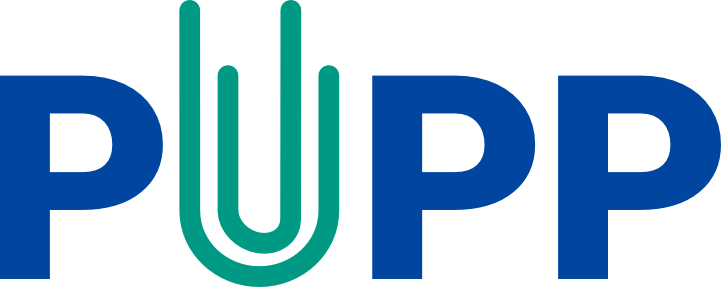27 au 29 mai 2026, Coventry University, Royaume-Uni
Symposium 3 : Culture and Integrity: Influences and Impacts
(to be held in English)
Coventry Symposium – Call for papers
TITLE: Culture, Integrity and Preventing Plagiarism
THEME CO-ORDINATOR: Alyson King, Ontario Tech University, Alyson.king@ontariotechu.ca
EVENT: PUPP-EII Symposium (Partnership on University Plagiarism Prevention Event by Invitation), Coventry University, UK, May 26-29, 2026
Public perceptions on academic integrity and plagiarism often focus on the failings of students and/or instructors and/or educational institutions from a moral perspective about cheating, lying, or misrepresentation. More recently, media attention has highlighted the ease of plagiarism via digital tools, especially generative artificial intelligence (GenAI).
With the continuing mobility of students who study in universities and colleges outside of their home country and the increasing numbers of historically underrepresented students attending higher education institutions (HEI) such as first generation and Indigenous students, I am looking to bring together researchers interested in examining the influence of culture and cultural identity on academic integrity and plagiarism. While some research has examined the experiences of second (or third…) language learners and international students in the North American context (Abasi et al., 2006; Cumming et al., 2016, 2018; Hafizat et al., 2021; Shi, 2004), there is room for a broader understanding of how culture and cultural identity influence understandings and perceptions of academic integrity and approaches teaching about academic integrity. It is clear that not all forms of plagiarism should be considered purposeful cheating, such as unintentional plagiarism due to a lack of understanding of norms within North American universities and colleges (Hayes & Introna, 2005).
Culture and cultural identity may be defined in a variety of ways. For this symposium group, I am defining culture very broadly to include environmental contexts and norms, such as the “basic assumptions, values, and rules governing behavior in a given social group” (Kasler et al., 2021). This means that religion and ethnicity may be included, as well as one’s educational background (i.e., a student or instructor may have been educated in a country with different norms from their family’s ethnic background). As a result, cultural capital and past educational experiences may influence whether or not a student plagiarizes (Strangfeld, 2019).
Students studying in higher educational settings approach their academic work with an identity that is informed by their past experiences, including their home cultures and prior educational experiences (King, 2015). Students’ sense of self is developed by the “stories they tell themselves” (Moje et al., 2009, cited in King, 2015). Taking a social constructivist approach, I believe that identity is created via one’s interactions with family, friends, and society in general (including educational and religious institutions). In other words, one’s cultural identity is developed during every-day experiences of self-reflection, storying among family and friends, and interactions within a broadly defined community. These experiences inform the resilience and cultural capital of those students when they arrive at university or college.
Possible topics could include:
- How do cultural backgrounds, language learning, and/or ethnic backgrounds influence students’ understanding of academic integrity and how it is taught by instructors?
- What is the influence of specific cultural norms and values on integrity (e.g., Indigenous ways of knowing and being)?
- How might personal cultural background impact the experiences of international students or students in smaller, regional universities?
- Are there disconnects for students who are LGBTQ2SIA+?
- How can cultural norms and/or practices be used to teach about academic integrity and prevent plagiarism?
- Other ideas that I have not thought of are very welcome.
Timeline:
- Oct. 15, 2025: Submit your statement of interest and proposed topic (~250 words) to Alyson.king@ontariotechu.ca by Oct. 15th, 2025. Proposals should include a clear description of the research question and issues to be explored, the type of paper/chapter (e.g., theoretical or research-based), and the anticipated length.
- Oct. 30, 2025: Response to proposals and statements of interest
- March 15, 2026: Submission of first good draft of papers.
- March 15 – April 24, 2026: Peer review (« non-blind ») process among members of the group. Each person will read all the papers, but will provide a detailed review of at least 1 other paper to give feedback.
- May 26-29, 2026: Coventry (England) symposium, each author will give a brief presentation and discuss draft paper (articles or chapters). NOTE: participants are responsible for determining a funding source for their own travel.
- August 30ish, 2026: Final papers submitted to journal or publisher
Submit to: Alyson King, Alyson.king@ontariotechu.ca

